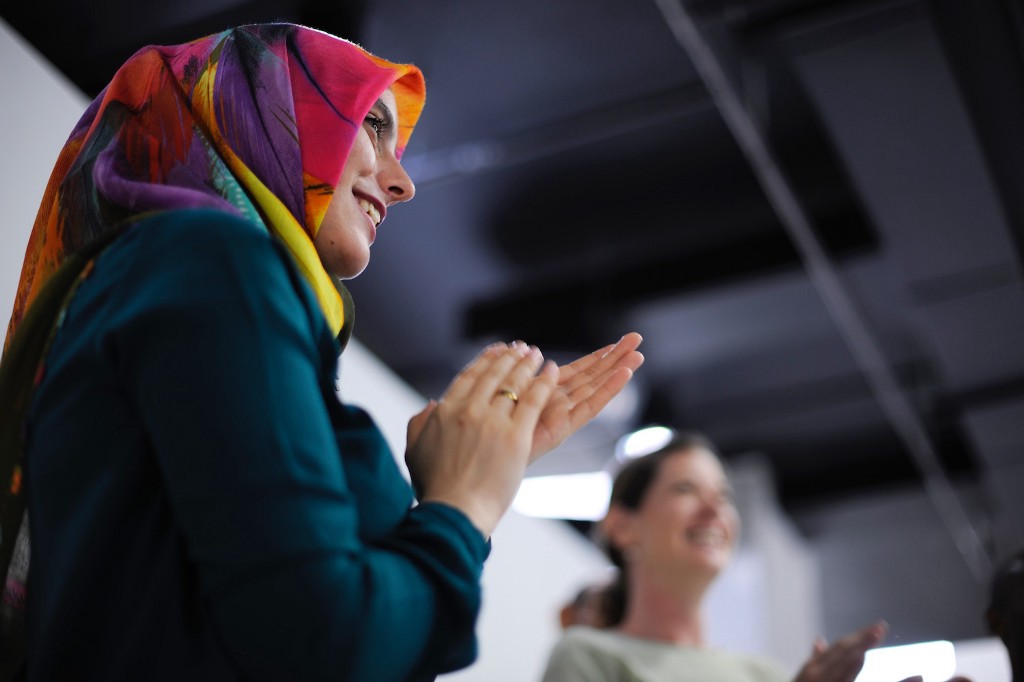Businesses focusing on resilient cities, sustainable agriculture and new energy could propel more than $637 billion in new business activity and 12.4 million jobs in the region by 2030.
A new report from the Business & Sustainable Development Commission, the same group that identified $12 trillion in economic potential related to the U.N.’s Sustainable Development Goals, also cites urban construction, mobility, and affordable housing as potentially large job creators.
Companies are seizing the opportunity. Pure Harvest and AeroFarms, which focus on local food cultivation, have been attracting regional investment. Other MENA startups are also stepping up with solutions to refugee hardships.
“The Goals are relevant to the Middle East and North Africa, where we see a young dynamic population motivated to seize opportunities and make positive contributions to the wider society,” Arif Naqvi, CEO of the $10 billion private equity firm Abraaj and a member of the business commission, said in a statement.
There’s a caveat: “Business can only realise the Global Goals opportunity by paying its fair share of taxes, creating good jobs with fair wages and conditions, and addressing rising unemployment,” the report’s authors write.
The Gulf has a poor track record for working conditions, particularly among its immigrant labor community; an expose last year accused Qatar of using forced labor in construction of the 2022 World Cup Stadium. “There remains a long road for the region as a whole to become inclusive and sustainable,” particularly for women and refugees, says Mark Malloch-Brown, who chairs the commission.
More businesses could be coaxed to solve major regional challenges by national initiatives to transition from oil and gas-dependent economic growth, like Saudi Arabia’s Vision 2030 and the U.A.E.’s ambitious 2050 renewable energy target and zero-carbon smart city, Masdar.
Fred Sicre, a managing director at Abraaj, told ImpactAlpha: “Companies that do not embrace the opportunities of long-term value creation will be replaced.”











